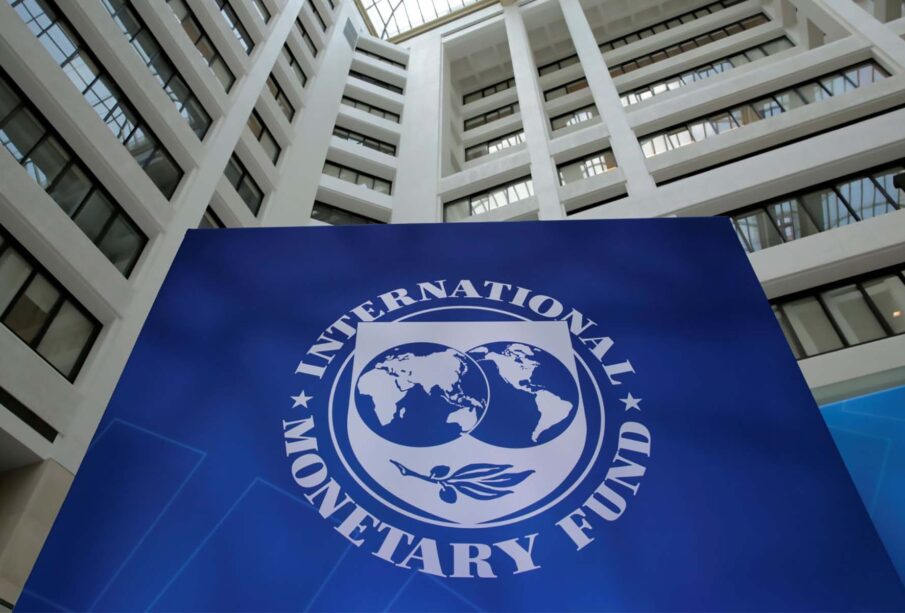Lower inflation, stable exchange rates will attract investors – IMF

IMF
The Resident Representative for the International Monetary Fund for Nigeria, Ari Aisen, says lower inflation and predictable exchange rates will attract more investments into the country.
Aisen said this as a guest on Arise News Television’s Global Business Report show on Tuesday.
He said, “If inflation can get lower and the exchange rate is more predictable, then investments can actually start coming into Nigeria. There are very green shoots of possibilities for the country. The potential has been there and will continue to be there.”
The IMF representative also stressed the need for the Federal Government to put in place necessary policies to reduce the financing needs of the government.
He said, “It is very important that policies are put in place, particularly fiscal policy, to reduce the financing needs of the government. The removal of fuel subsidy was a very important step because fuel subsidy cost two per cent of the GDP last year and it was adding to the financing needs and the debt stock of the country.”
He cautioned against any policy reversal, noting that the current transition would likely be better for the economy.
Aisen noted that Nigeria was in a transition and this may cause some pain for the country.
However, he stressed the need for the poor and vulnerable to be protected against such pain.
He said, “There is no simple solution to these problems. We always know that there will be some transition that would incur some pain to all involved. It is very important that the burden doesn’t fall on the most vulnerable this time, and both government and private sector, particularly the elite, come in and together promote a solution that actually saves the pain from those most vulnerable in the society.”
Aisen added, “Eventually, if we pass this transition, investments will return to the country from abroad and locally. There is confidence, and job creation is a natural consequence for that. With that inclusiveness, high growth rate and job creation to include everyone in society.”
The IMF representative further said that Nigeria’s total debt profile of over N87tn was still within the moderate level of any country, urging Nigerians to focus more on dealing with the issues driving this huge debt situation.










